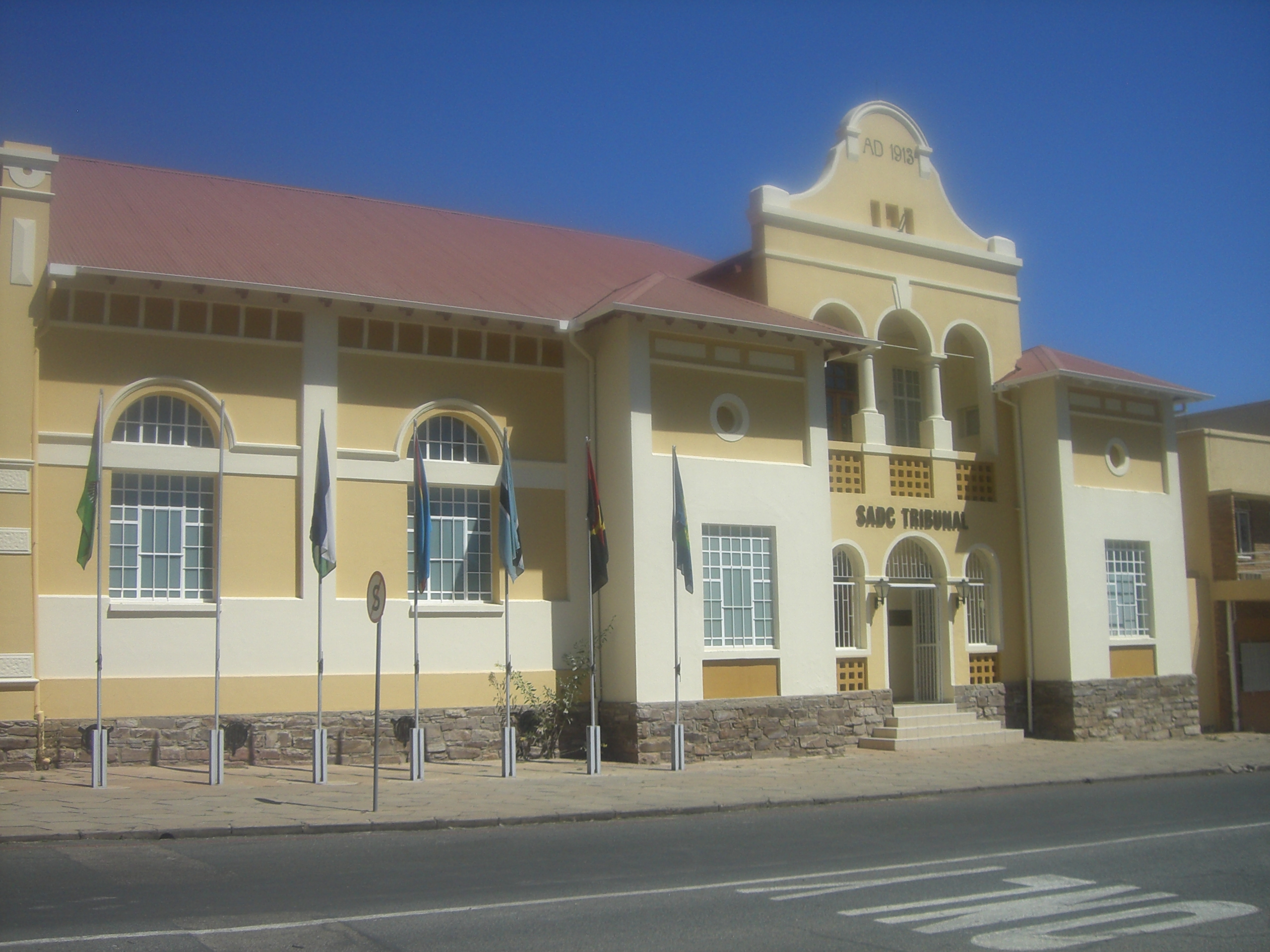
The Business Day
A DECISION by the Southern African Development Community (SADC) heads of state summit has extended an effective suspension of the SADC Tribunal, despite the recommendations of an internal review giving it the go-ahead.
The tribunal hears cases between citizens of SADC countries and their governments, when the citizens have exhausted all domestic legal avenues.
A moratorium on the hearing of new cases has been in effect since last August. After the latest decision, taken on Friday, the tribunal will remain inoperative until at least August next year.
The registrar of the tribunal, Justice Charles Mkandawire, says there are four partly heard cases pending before the tribunal. “People have been coming, but we’ve been telling them we cannot hear new cases”.
The Southern African Litigation Centre’s Lloyd Kuveya said the decision came after extensive lobbying by Zimbabwe to keep the tribunal inoperative.
Zimbabwe had previously challenged the legality of the tribunal after decisions against it relating to Zimbabwe’s land redistribution process.
In August last year, the SADC summit decided the tribunal would not hear any new cases pending a six-month review of its “role, functions and terms of reference”. This was coupled with a further decision not to renew the tenure of six of the tribunal’s judges, leaving the tribunal in effect suspended.
The review was completed in February. According to the SADC Lawyers Association and the International Commission of Jurists, its conclusion was that the tribunal had been “properly established” and its protocol had “entered into force in accordance with international law”.
The review recommended that the summit appoint judges to enable the tribunal to continue its work. But Friday’s communique from the summit said there would be no appointment s. Instead, ministers of justice and attorneys-general would “amend the relevant legal instruments and submit a … final report in August 2012”.
Mr Kuveya said Zimbabwe had hoped the summit would amend the protocol so that individuals could not obtain redress.
http://www.businessday.co.za/articles/Content.aspx?id=143585



